Waste Management & Circular Economy
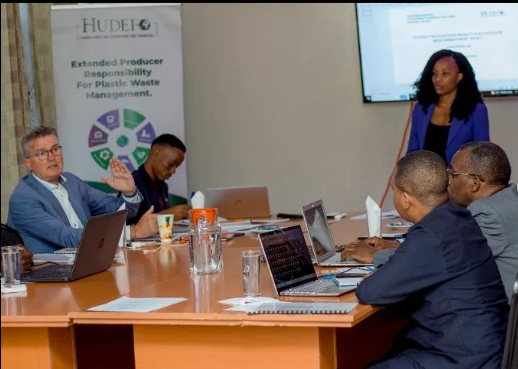
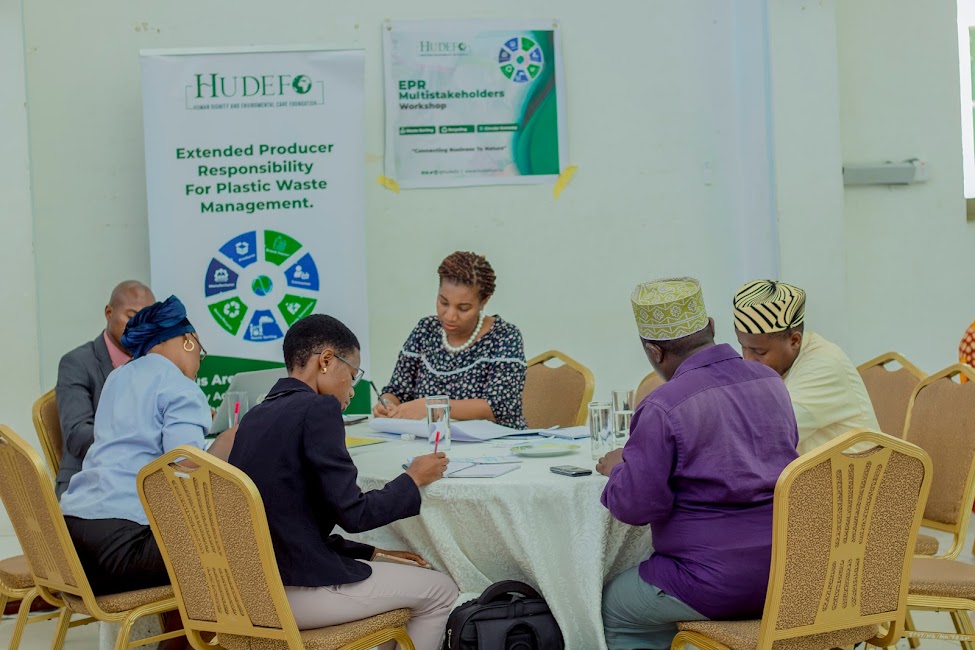
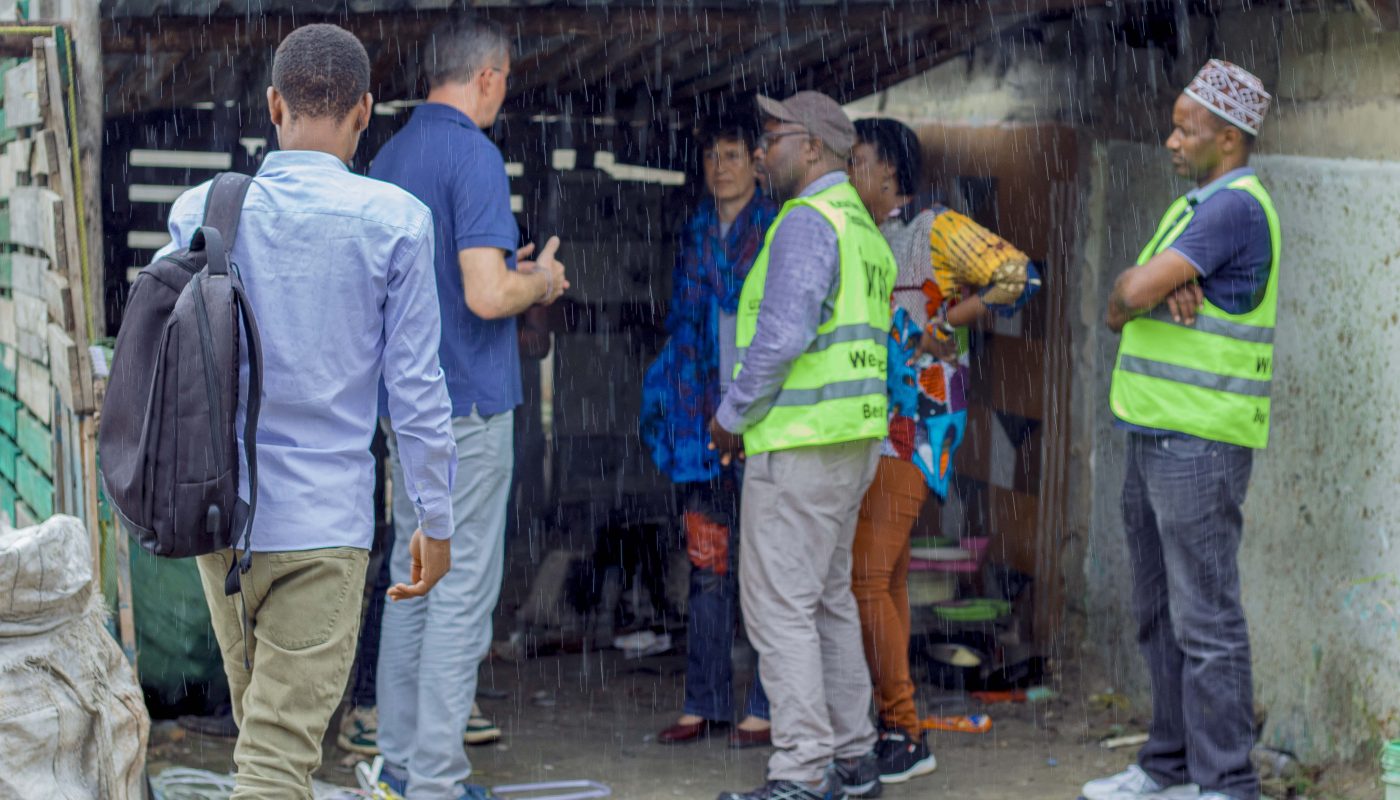
1. EXTENDED PRODUCER RESPONSIBILITY
Can we imagine our life without plastic (packaging)? Affordable, practical, and indestructible as it is, plastic has become a highly successful material. If there were not the issue of waste. Without a thorough waste management system in place, plastic remains either in the environment, is burned, or gets washed away by rivers into lakes and the ocean that spits it onto beaches where it breaks into pieces. As microplastic, it finds it way into the bodies of all beings, into the soil, water bodies, and the air.
It is at those places on which plastic became most visible that resistance against littering formed up. The former movements focusing on beach and street-to-street clean-ups have grown into an alliance between residents, activists, responsible companies, and government ministries and agencies. Presently, HUDEFO coordinates various activities under the heading of EXTENDED PRODUCER RESPONSIBILITY FOR (PLASTIC) WASTE MANAGEMENT. The Project forms part of the Dar es Salaam – Hamburg twin-city partnership that is coordinated by the Hamburg Senate Chancellery. Hamburg’s Ministry for Environment, Climate, Energy and Agriculture, Hamburg’s municipal waste company, and NABU’s (Nature and Biodiversity Conservation Union) International Foundation for Nature cooperate with HUDEFO and its partners through knowledge sharing.
The overall Project consists of three components:
- Multistakeholder dialogues on EPR scheme development.
- Development of Dar es Salaam Raw Material Collector’s Network (DaWaNet) / Mtandao Wa Waokota Taka Rejeshi Dar es Salaam (MTAWADA).
- Media Training, Mentorship and Engagement
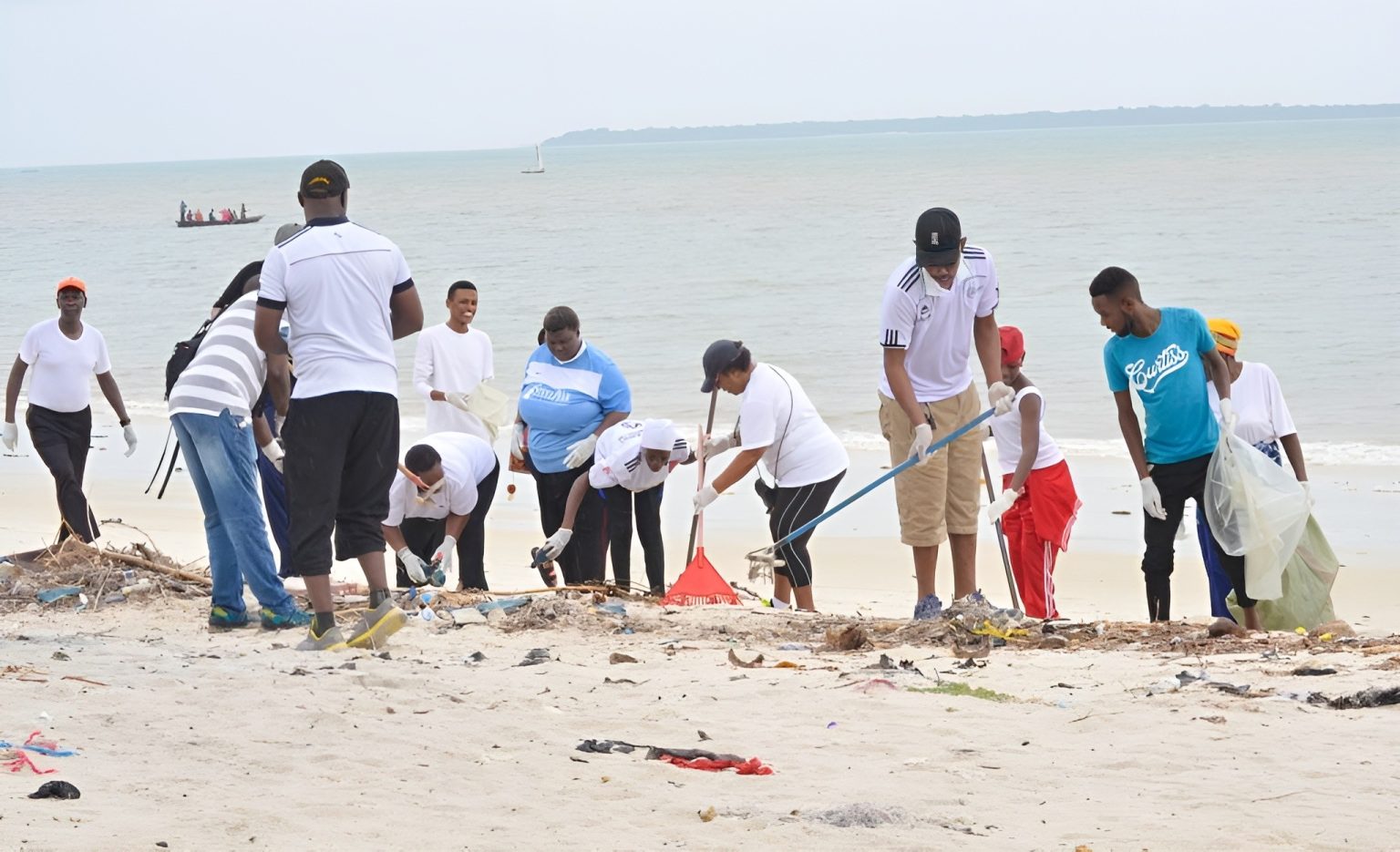
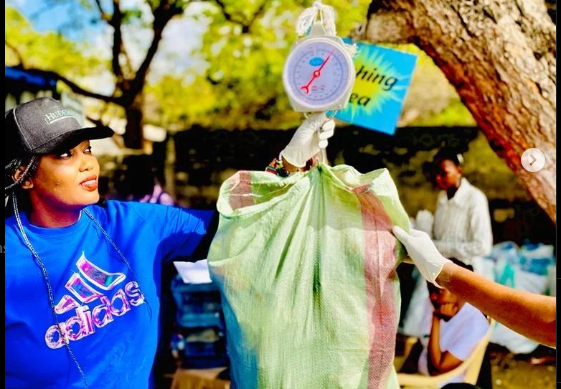
2. CLEANUP & DATA COLLECTION
In 2017, HUDEFO started its intiiative to combat plastic pollution. Focusing first on marine litter, the activities were extended to street to street initiatives and grew into, what we call Mtaa kwa Mtaa initiatives. We directly address plastic pollution in our beautiful coastal areas, rivers, and in our streets. We engage communities, local government authorities and the media in these cleanups, raising awareness and fostering a sense of shared responsibility for a healthy environment.
While cleanup initiatives are rather selective they serve as our entrypoint to data collection. HUDEFO conducts waste audits and brand audits (WABA) after every clean-up. Data collection during cleanups helps us understand the types, brands, and sources of waste polluting our environment. This data informs our advocacy efforts and guides us in developing targeted solutions for waste reduction.

3. NETWORK BUILDING
The Tanzania Circular Action Forum (TCAF) is a collaborative platform facilitated by HUDEFO that brings together stakeholders across the circular economy spectrum. TCAF fosters collaboration between waste pickers, NGOs, businesses, the government, and policymakers to develop and implement effective circular economy solutions in Tanzania.
